PM: We'll overcome crisis in two years
Serbia will overcome the crisis "in two years," and due past irresponsible behavior the country is on track to go bankrupt in six months, says Aleksandar Vučić.
Monday, 04.08.2014.
10:07

PM: We'll overcome crisis in two years
Vučić pointed out that in the past public sector salaries and pensions were raised without any economic justification, "in order to buy votes," but that his government decided to change that "and and stop Serbia's path towards bankruptcy."Asked to comment on the fact that former minister Lazar Krstić had proposed changes which the prime minister "did not like", but that now the Fiscal Council proposals "indicate that Krstić's measures are necessary after all," Vučić said:
"Lazar is right, but he wanted shock therapy, and I think that people cannot survive that."
The prime minister said that the government adheres to a plan "supported by the whole world" and shows it is "determined to make changes."
"Within two years, Serbia will exit the crisis. Measures will not be the most painless possible, but they will not be what the Fiscal Council proposed, although they have good estimates. I can also say that pensioners will not be brought to the brink of ruin. Citizens can expect raises when we earn more. We cannot expect more that the work we do, and we are used to that. If we work together, understand how much work and effort it takes, it will be better. On this jorurney we will have a lot of problems, challenges and misgivings, but I believe that we will be in a better place in 2016 and 2017, we will begin to reduce the debt," Vučić said.
Vučić said that a loan worth a billion euros from "friends from the Emirates" had arrived and will be spent on the budget - on pensions and wages, as well as to cover some loans.
Vučić said that "there are no secret contracts with the Emirates," and when asked about the contract with Etihad said that he "released some details on his own responsibility," but cannot talk about the rest without the permission of the partners.
At one time, the prime minister said that that the contract with Fiat would be published, but recently revealed it would remain secret.
"I cannot say anything about that contract, because I did not participate in its conclusion," Vučić said.
He added that there are also contracts based on strategic partnerships such as those to build the Zemun-Borča bridge and the Ljig-Preljina highway "which also are not public," but added he "does not think (former president) Boris Tadić took money for these contracts."
Vučić said it was not true that well-known businessmen were offered to lead public companies in Serbia, and that the idea was just to "offer Railways to Milan Beko."
"Those who are attacking (the decision), they were silent before both Mišković and Beko. Did Beko not owe taxes during their time? The government that I lead found those unpaid taxes, nobody else found it. Beko was summoned for questioning five or six times concerning various criminal acts, how come he was not before?" asked Vučić.
The prime minister said that his desire was to "bring a new energy to (Serbian) Railways", and not "not to hear other suggestions."
He also revealed that American company Esmark, Mittal, and Russian Red October (Krasny Oktyabr) were interested in buying the Železara steel plant.
"We're trying to make a result. The head of Esmark will be in Belgrade on Monday and for me there is no more important thing than talking to him," Vučić said and thanked U.S. Ambassador Michael Kirby for helping in this deal.
As for Telekom, Vučić said that the telecommunications company "would go to a most transparent tender and bring more money than what was offered previously."
Speaking of Serbian foreign policy and relations with the EU and Russia, he said that "Serbia does not sit on two chairs, but is going to Europe."
"However, on that train we are thinking about how to make the trip more comfortable," said Vučić.
The Serbian prime minister added that the country's position was to respect international law, to behave responsibly, "and to most of the time agree with the views of the European Union."
However, Vučić stressed that Serbia, "not only for historical and traditional, but also for economic reasons" cannot impose sanctions on Russia.
"Our policy is not neutral, it is to conduct a policy that suits Serbia," he said.
"We came out with a normal attitude toward Ukraine also because of Kosovo and Metohija, so we don't destroy our own policy. Crimea is part of Ukraine. We cannot introduce sanctions to Russia, I've never tried to hide that, I was not afraid to tell that to Angela Merkel in Berlin, and neither was I to tell Putin and Medvedev that we are on the road to the European Union," Vučić said.
He added that messages from western countries were clear, but that there was no ultimatum to make a decision by September 1.
"We had a serious and open discussion with Kirby and Serbia has not changed its positions. There was no ultimatum, there were no such words, but we hear from the West they expect an increasing convergence of positions with the EU. However, I hope and I am almost convinced that everyone in Europe will have understanding for Serbia and that our path towards the EU will not be compromised because of our stance on Russia," Vučić said.
Told that that Bulgaria had stopped "the cooperation for South Stream" Vučić said he did not wish to discuss that although he is "an informed person, and has information."
The prime minister also said that if Serbia did face "some ultimatums" - there would first be a debate in parliament.
Vučić confirmed that Putin would visit Serbia in October and said he hoped the Ukrainian crisis would be resolved by then.
He said he had not received an apology from OSCE's representative for media freedom Dunja Mijatović, and that he "will not talk to her."
Regarding the reconstruction efforts after the devastating floods he said "everyone, himself included" would like it to go faster, but that this was "impossible."
Vučić also stated that he understood the disgruntled people in Obrenovac, while "the prosecutor is doing his job" and that many were questioned over the manner in which the disaster was handled.










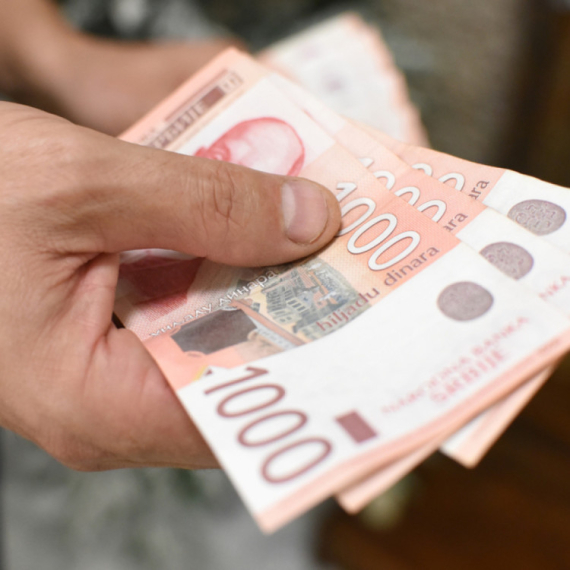

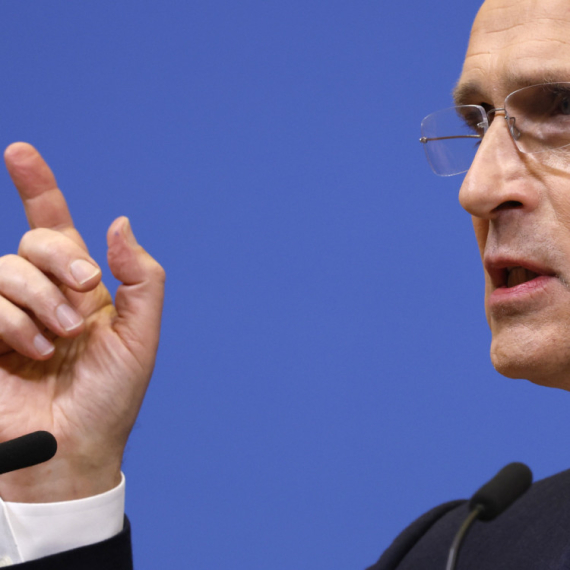
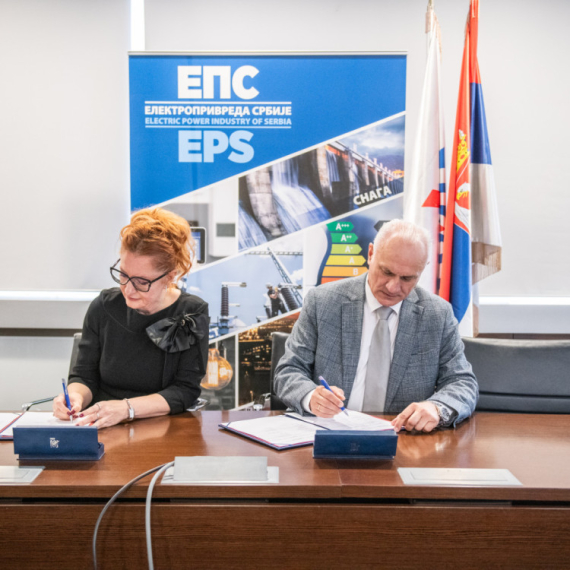







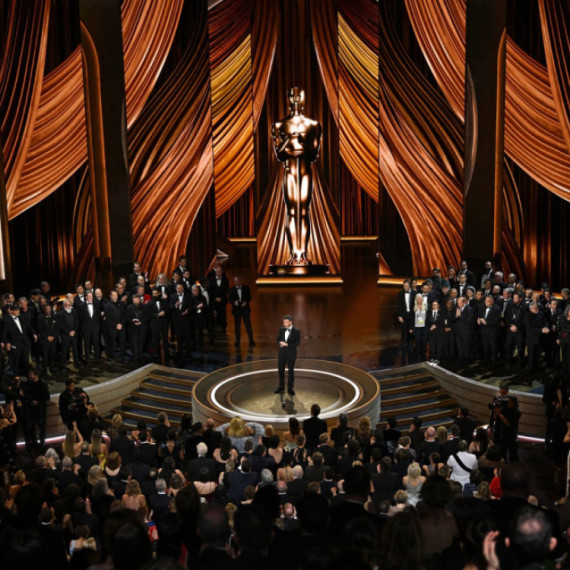












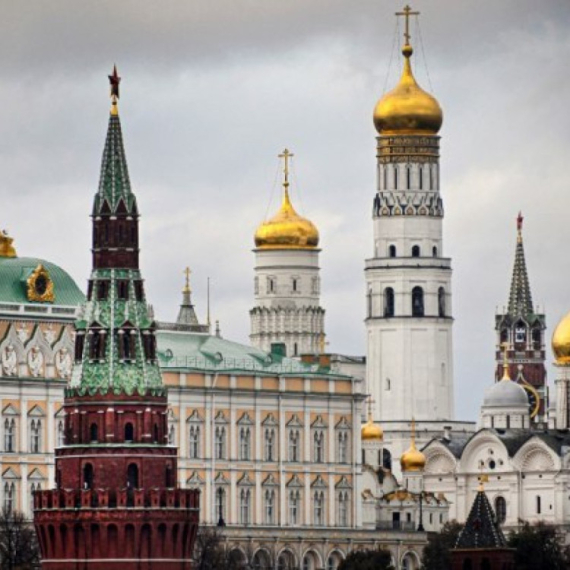





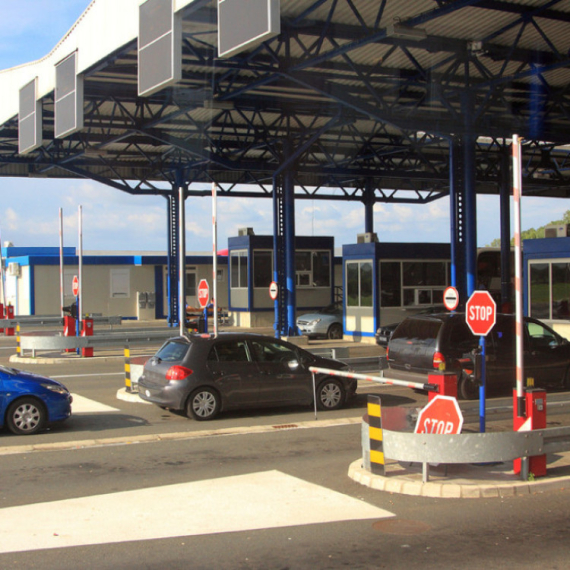






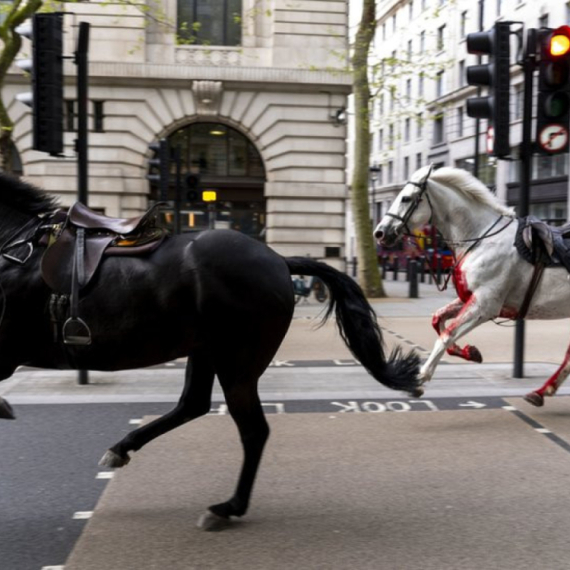
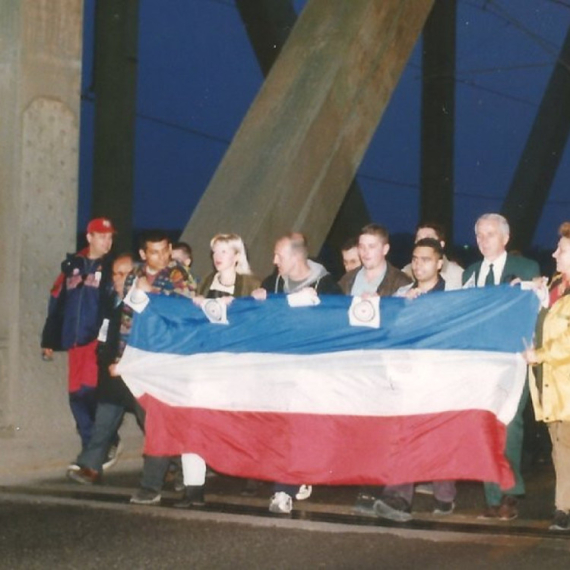
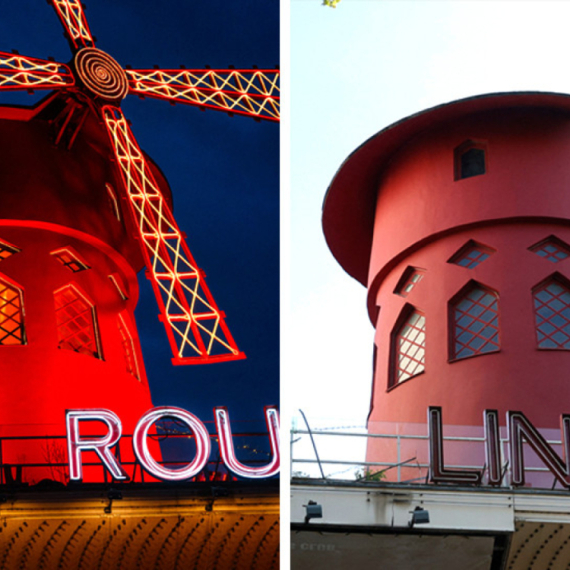

Komentari 1
Pogledaj komentare